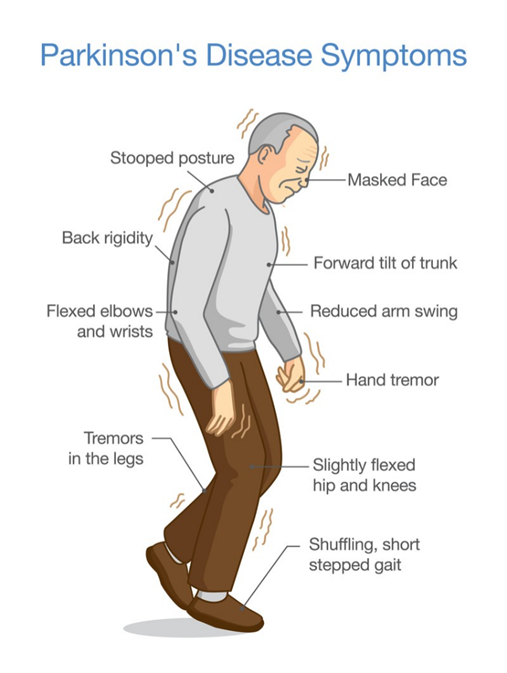A nurse is contributing to the plan of care for a client who has a seizure disorder. Which of the following interventions should the nurse include in the plan? (Select all that apply.)
Provide a suction setup at the bedside.
Elevate the side rails when in bed.
Place a bite stick at the bedside.
Keep an oxygen setup at the bedside.
Furnish restraints at the bedside.
Correct Answer : A,B,D
A. Provide a suction setup at the bedside:
This is a relevant intervention as it ensures that suction equipment is readily available in case the client experiences excessive secretions or vomiting during or after a seizure. It helps maintain a clear airway and prevent aspiration.
B. Elevate the side rails when in bed:
Elevating the side rails can help ensure the client's safety during a seizure by preventing falls from the bed. It is a preventive measure to minimize the risk of injury.
C. Place a bite stick at the bedside:
Placing a bite stick at the bedside is not a recommended intervention. Bite sticks can potentially injure the patient's teeth or mouth during a seizure and are generally not recommended in current practice.
D. Keep an oxygen setup at the bedside:
This is an appropriate intervention as it ensures that oxygen is readily available in case the client experiences respiratory distress or hypoxia during or after a seizure. Oxygen therapy may be needed to support respiratory function.
E. Furnish restraints at the bedside:
Furnishing restraints at the bedside is not a recommended intervention for managing seizures. Restraints should only be used in exceptional circumstances when the client's safety or the safety of others is at risk and should be applied according to institutional policies and legal regulations.
Nursing Test Bank
Naxlex Comprehensive Predictor Exams
Related Questions
Correct Answer is C
Explanation
A. Increased blinking
Increased blinking is not a typical manifestation of bradykinesia. In fact, individuals with Parkinson's disease may experience reduced blinking (hypokinesia of blinking) rather than increased blinking.
B. States of euphoria
Euphoria is not typically associated with bradykinesia. Instead, individuals with Parkinson's disease may experience a range of mood changes, including depression, anxiety, or apathy, but euphoria is not a common finding.
C. Slurred speech
This is the correct answer. Slurred speech, or dysarthria, can occur in individuals with Parkinson's disease as a result of bradykinesia affecting the muscles involved in speech production. Bradykinesia can cause a reduction in the speed and coordination of movements necessary for clear speech, resulting in slurred or mumbled speech patterns.
D. Decreased respiratory rate
Decreased respiratory rate is not typically associated with bradykinesia. Bradykinesia primarily affects voluntary movements rather than involuntary processes such as respiration. While respiratory muscle weakness can occur in advanced stages of Parkinson's disease, it is not directly related to bradykinesia.

Correct Answer is ["A","B","C","E"]
Explanation
A. Placing padding around or under the patient's head
This is a helpful instruction to include. Placing padding around or under the patient's head can help prevent injury during a seizure by cushioning the head against impact with the ground.
B. Positioning the patient on the side once the relaxation stage is entered to allow oral secretions to drain
This is a correct instruction. Positioning the patient on their side (recovery position) can help prevent aspiration if vomiting occurs during or after the seizure. It also helps clear oral secretions and maintain a clear airway.
C. Having the necessary equipment and/or personnel in case the patient doesn't spontaneously breathe when the seizure is over
This is an important instruction. It is crucial to have emergency equipment (such as oxygen and suction) readily available and to be prepared to provide respiratory support if the patient does not spontaneously breathe after the seizure.
D. Inserting a tongue depressor in the patient's mouth
This is an incorrect instruction. It is not recommended to insert anything into the patient's mouth during a seizure as it can cause injury to the teeth, gums, or airway. Additionally, it is a common misconception that tongue swallowing occurs during seizures, which is rare.
E. Noting the time the seizure started
This is a critical instruction. Noting the time the seizure started helps healthcare providers assess the duration of the seizure and determine if medical intervention is necessary. It also helps monitor the patient's recovery and response to treatment.
F. Holding the patient down to prevent injury
This is an incorrect instruction. Holding the patient down during a seizure can cause injury to both the patient and the person restraining them. It is important to create a safe environment by removing hazards and guiding the patient away from dangerous objects or situations, but holding them down is not appropriate.
Whether you are a student looking to ace your exams or a practicing nurse seeking to enhance your expertise , our nursing education contents will empower you with the confidence and competence to make a difference in the lives of patients and become a respected leader in the healthcare field.
Visit Naxlex, invest in your future and unlock endless possibilities with our unparalleled nursing education contents today
Report Wrong Answer on the Current Question
Do you disagree with the answer? If yes, what is your expected answer? Explain.
Kindly be descriptive with the issue you are facing.
